5G technology is a gateway to new services hitherto unheard of and, at the same time, an ally of more modern and efficient local administration. This is how the 5GCat project was presented at the latest edition of the Mobile World Congress (MWC), marked by security measures to counter the pandemic and by the great expectations of economic revival that the new connectivity offers all sectors.
Cellnex Director and Project Leader of the 5GCat pilot, Ana Varela, underlined the commitment to turn Barcelona into a scenario of open innovation, promoting cooperation across the entire industrial and technological ecosystem. She also highlighted the synergies and complementarities between the eight companies taking part in the consortium.
“We have a business model focused on the active participation of the project partners,” she added.
Public-private collaboration is “essential” for field testing the capabilities of the new 5G technology. Manager of Innovation and Digital Transmission of Barcelona City Council, Marta Continente, said “we have always been clear that Barcelona has to be an open city, where innovation comes from cooperation between the public and private sectors”. Accordingly, 5GCat, which has the support of 5GBarcelona, will be a showcase for projects so that Barcelona appears as an innovative city and a benchmark in digital urban services.
“We have an opportunity to show that public services can be managed in a different way, improving them, saving time and speeding them up for the benefit of the general public,” she said.
Director of Innovation and Strategic Technology Programmes of operator MásMóvil, José Jiménez, asserted that 2022 will be the year in which mobile telephone service companies will make the major change in their network architecture. Jiménez stressed the importance of telecommunications companies, administrations and the business community in general making an investment effort so that the new technology can realise its full potential.
“5G is going to revolutionise all productive services in our economy,” he said.
The seven use cases of the 5GCat pilot were explained to the MWC attendees. Barcelona’s Mercat de la Boquería will be the setting for an immersive remote shopping experience via a personal shopper. The capabilities of a self-drive bus will be tested at the Fira de Barcelona. Barcelona Activa and IESE will test the use of bidirectional holograms to improve closeness in distance learning. The SEAT factory will test the possibilities of 5G for locating industrial assets, in a major step towards improving efficiency in all processes. The Guardia Urbana and the other Barcelona Emergency services will experiment with image-capture systems and new analysis processes to facilitate decision-making at critical times. Betevé and La Xarxa (XAL) will broadcast live in HD quality. And the beaches of the Barcelona coastline, where high seasonal occupancy causes peaks in demand for mobile services, will have a neutral multi-operator network designed to facilitate connectivity for all devices, an experience that can be extrapolated to other environments and will entail significant savings for operators rolling out 5G.
All of these are useful examples of how our world is about to change. The mobile revolution is just around the corner.




